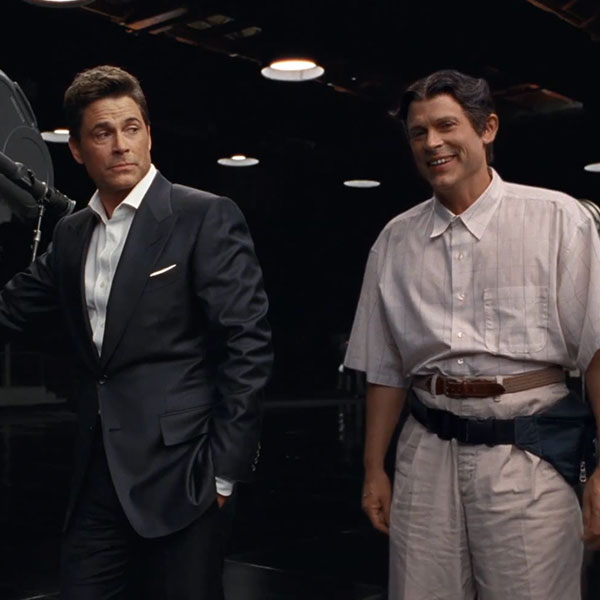Why you need to get it right with your ad claims
Awhile back, Dan wrote a blog about how hyperbole will ultimately invalidate your message due to its insincerity. But there’s another pitfall with hyperbole: legal woes.
On a legal level, there’s a fine line between truth and fiction. Hyperbole and puffery walk that fine line and occasionally trip over it. The result varies – either you have to change your ads, pay a penalty, face a potentially declining customer base due to loss of credibility, or risk going out of business entirely due to financial strain. I’m fairly confident in the fact that most of you don’t want to take that risk.
That’s not to say you shouldn’t take that risk. Just get all your ducks in a row to mitigate the risk as much as possible. Get your facts, verify them, and have it all reviewed by a legal team, if necessary. If what you’re saying is true, then you shouldn’t have a problem supporting that claim.
If you’re making ad claims of “first,” “best,” “most,” “biggest,” “smartest,” or “number one blah blah blah” or some derivation thereof, you better have some hard facts to back up that statement. No exceptions. Maybe in a small market, you’ll get away with those statements without substantiation and simply have people chalk up the ad claims to hyperbole or puffery. Maybe not.
A couple of weeks ago, Comcast called DirecTV on the carpet for statements DirecTV made in many of their commercials. Comcast filed this complaint with the National Advertising Division (NAD) of the Council of Better Business Bureaus for specific DirecTV claims that Comcast believed to be false and misleading. NAD sided with Comcast. DirecTV had, in fact, made some claims in their commercials featuring Rob Lowe that were false and unable to be substantiated.

DirecTV had to pull their “Painfully Awkward” commercials with Rob Lowe after being called out by Comcast for unsubstantiated ad claims.
How did it get that far, though? On the client-side, they should have run everything past their legal team – from scripts to print ads – all of it. Their legal team should have flagged certain claims that required proof. That was check #1.
On the agency-side, any of those commercials that ran on broadcast should have needed to go through an advertising clearance team at each network and provide substantiation for all claims. Those networks review each spot that gets trafficked to them and then contacts the agency if the spot is not approved to run because it requires substantiation. This is fairly standard practice. The agency would have needed to contact the client about this, most likely. That’s check #2.
Check #3 is common sense. If you’re not sure you can say something, and don’t have proof you can say something, you best not say it.
This lawsuit cost DirecTV millions, presumably. They undoubtedly paid Rob Lowe a handsome sum to be their spokesperson, plus they had all the production costs of those spots, talent residuals that needed to get paid to Lowe and other actors – possibly including a guarantee to Lowe regardless of whether or not the spots run, and the agency and client time involved to rework their entire marketing and media plans for the remainder of the year. DirecTV lost all of that money by making careless statements.
Getting the facts right is the responsibility of both the client and agency. It’s our job to flag any claims made in the ads; it’s your job as the client to make sure you have some factual proof that supports the ability to make those claims.





